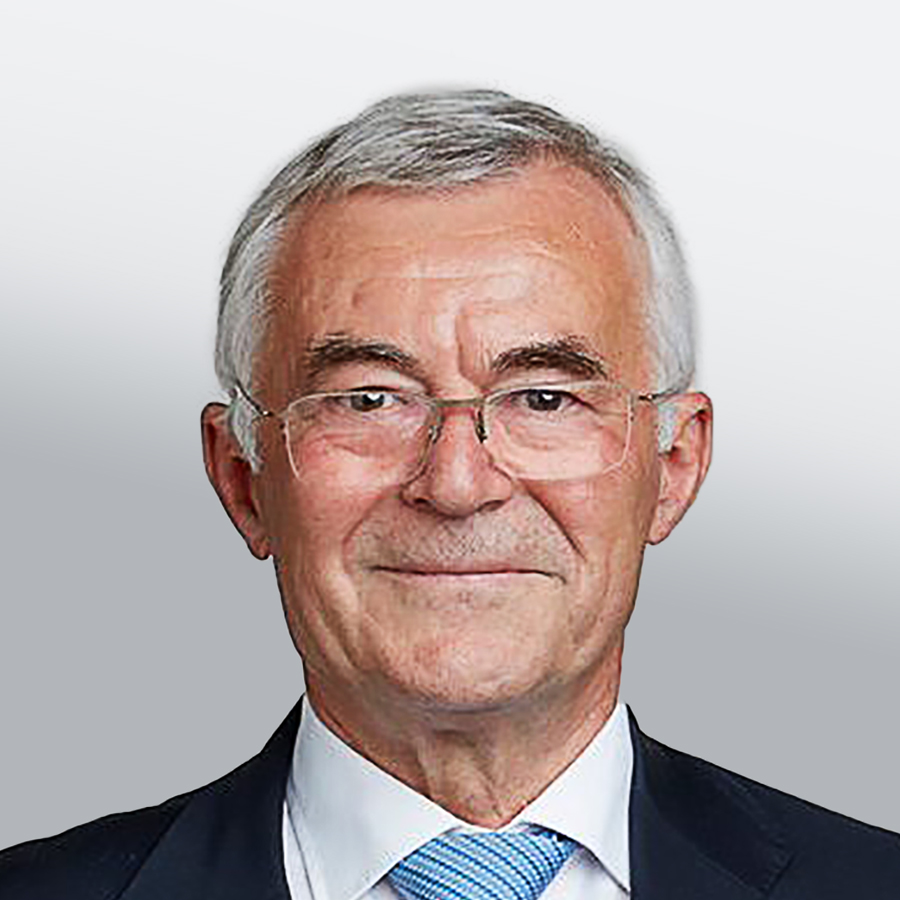Daily Discoveries
During university, Dr. Rino Rappuoli attended a lecture by Albert Sabin, one of the researchers who contributed to the polio vaccine, which changed the trajectory of public health in the 20th century. Dr. Rappuoli left the lecture inspired, and he realized the power of vaccines to positively impact millions of lives around the world. After finishing his studies, he concluded that while academia would provide an enjoyable career, he wouldn’t be satisfied examining basic science alone.
In order to translate research into workable treatments, Dr. Rappuoli joined the biopharmaceutical industry, and he has remained there ever since. After nearly 40 years researching vaccines and other areas of immunology, he currently works at GlaxoSmithKline (GSK) as chief scientist and head of external research and development.

